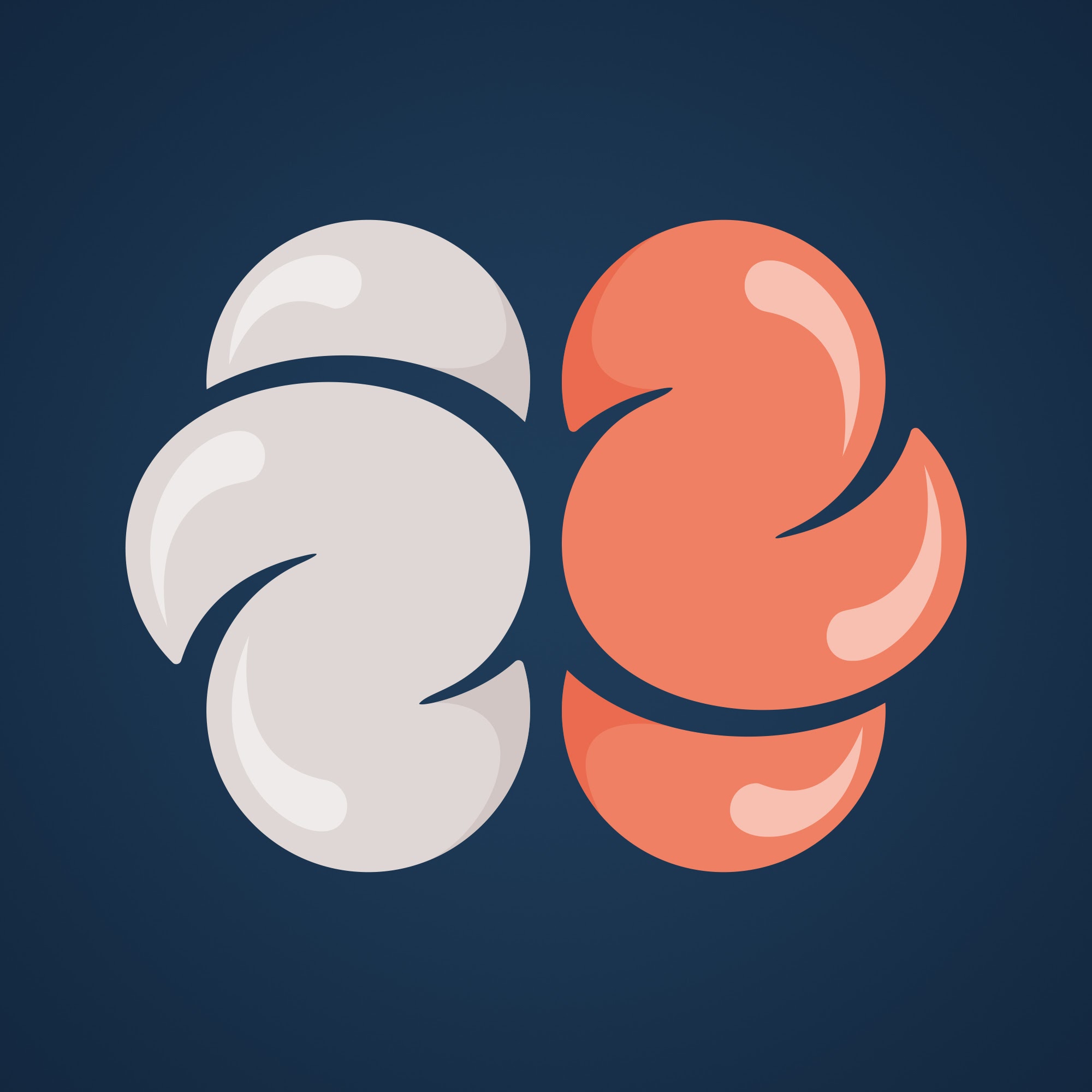2016-05-26
[public] 89.6K views, 3.13K likes, 67.0 dislikes audio only
4KWould $100 million dollars make you happy? The psychology of happiness.
SUBSCRIBE to BrainCraft! http://ow.ly/rt5IE
My Twitter https://twitter.com/nessyhill | Instagram https://instagram.com/nessyhill
BrainCraft is created, written and hosted by Vanessa Hill (@nessyhill) and brought to you by PBS Digital Studios. Talking psychology, neuroscience & why we act the way we do.
More BrainCraft: Can You Taste With Your Ears? /youtube/video/1nnkm9OyzvM
Produced, Hosted and Edited by Vanessa Hill
Written by Teagan Wall and Vanessa Hill
Sound design: Joel Werner http://joelwerner.com
References:
Brickman, P., Coates, D., & Janoff-Bulman, R. (1978). Lottery winners and accident victims: Is happiness relative?. Journal of personality and social psychology, 36(8), 917. http://pages.ucsd.edu/~nchristenfeld/Happiness_Readings_files/Class%203%20-%20Brickman%201978.pdf
Dopamine as an internal reward for learning
Wise, R. A. (2004). Dopamine, learning and motivation. Nature reviews neuroscience, 5(6), 483-494. http://www.nature.com/nrn/journal/v5/n6/abs/nrn1406.html
Oxytocin levels: higher = happier, healthier
Grewen, K. M., Girdler, S. S., Amico, J., & Light, K. C. (2005). Effects of partner support on resting oxytocin, cortisol, norepinephrine, and blood pressure before and after warm partner contact. Psychosomatic medicine,67(4), 531-538. http://journals.lww.com/psychosomaticmedicine/Abstract/2005/07000/Effects_of_Partner_Support_on_Resting_Oxytocin,.4.aspx
Exercise increases serotonin
Hillman, C. H., Pontifex, M. B., Castelli, D. M., Khan, N. A., Raine, L. B., Scudder, M. R., ... & Kamijo, K. (2014). Effects of the FITKids randomized controlled trial on executive control and brain function. Pediatrics, 134(4), e1063-e1071. http://pediatrics.aappublications.org/content/134/4/e1063.full#sec-8
Eating, especially cookies, boost serotonin
Fernstrom, J. D., & Wurtman, R. J. (1971). Brain serotonin content: increase following ingestion of carbohydrate diet. Science, 174(4013), 1023-1025. http://science.sciencemag.org/content/174/4013/1023.abstract
Okbay, A., Baselmans, B. M., De Neve, J. E., Turley, P., Nivard, M. G., Fontana, M. A., ... & Gratten, J. (2015). Genetic Associations with Subjective Well-Being Also Implicate Depression and Neuroticism. bioRxiv, 032789. http://biorxiv.org/content/early/2015/11/24/032789
Mindfulness versus antidepressants
Kuyken, W., Byford, S., Taylor, R. S., Watkins, E., Holden, E., White, K., ... & Teasdale, J. D. (2008). Mindfulness-based cognitive therapy to prevent relapse in recurrent depression. Journal of consulting and clinical psychology,76(6), 966. http://archpsyc.jamanetwork.com/article.aspx?articleid=2517515&resultClick=3
Fake it ‘til you make it works with happiness
Kraft, T. L., & Pressman, S. D. (2012). Grin and bear it the influence of manipulated facial expression on the stress response. Psychological science,23(11), 1372-1378. http://pss.sagepub.com/content/23/11/1372.long
Expressing gratitude makes you happier
Sheldon, K. M., & Lyubomirsky, S. (2006). How to increase and sustain positive emotion: The effects of expressing gratitude and visualizing best possible selves. The Journal of Positive Psychology, 1(2), 73-82. http://ggsc-web02.ist.berkeley.edu/images/application_uploads/sheldon-SustainPositiveEmotion.pdf
Pets make us happier
McConnell, A. R., Brown, C. M., Shoda, T. M., Stayton, L. E., & Martin, C. E. (2011). Friends with benefits: on the positive consequences of pet ownership.Journal of personality and social psychology, 101(6), 1239. http://psycnet.apa.org/psycinfo/2011-13783-001/
Van Der Linden, S. (2011). The helper’s high: Why it feels so good to give. Ode Wire. http://scholar.princeton.edu/sites/default/files/slinden/files/helpershigh.pdf

